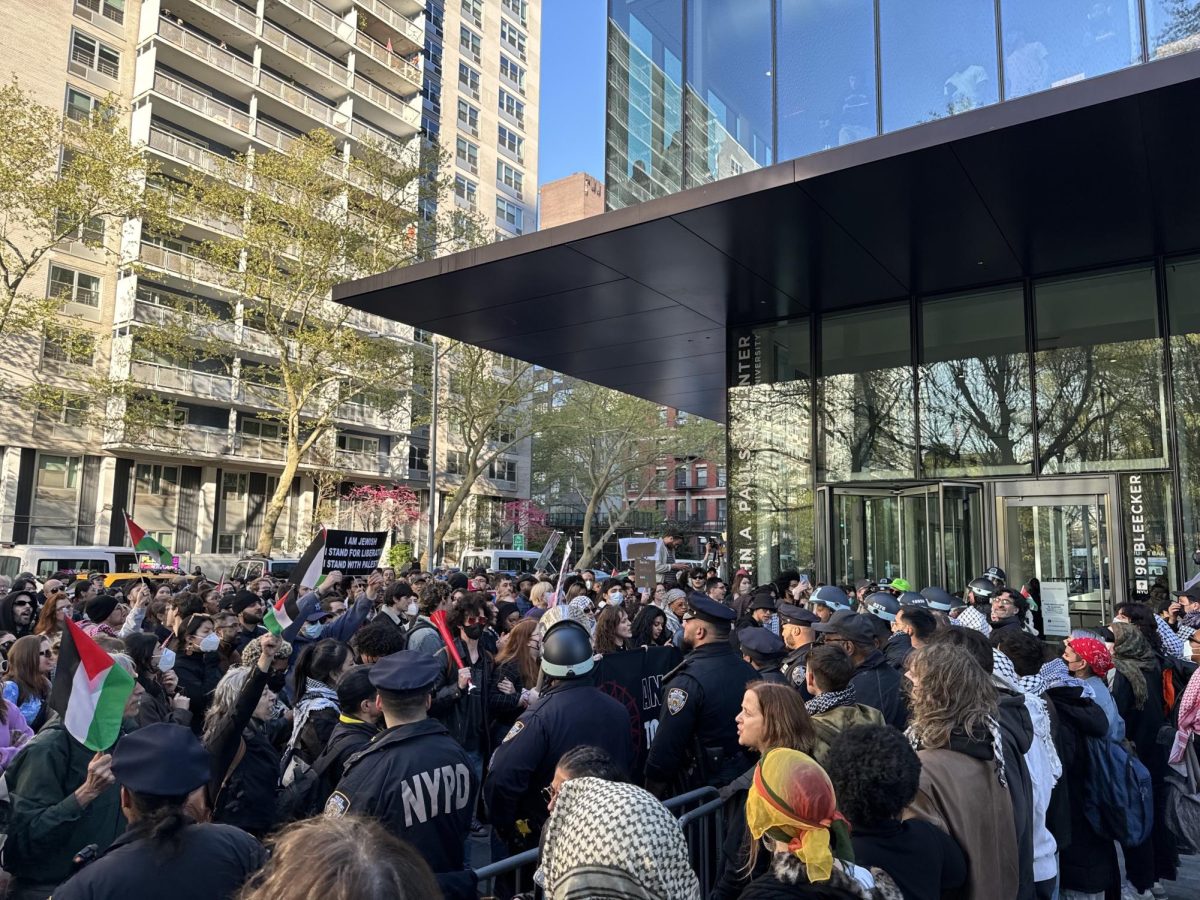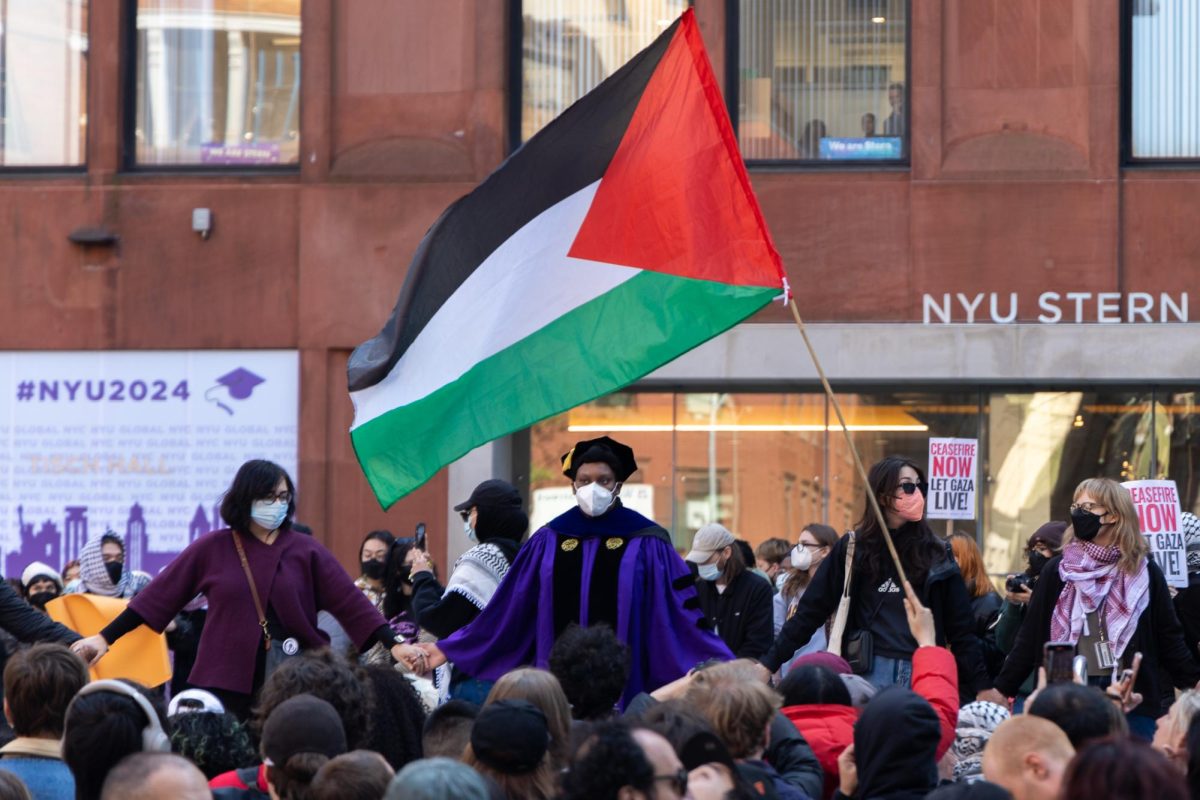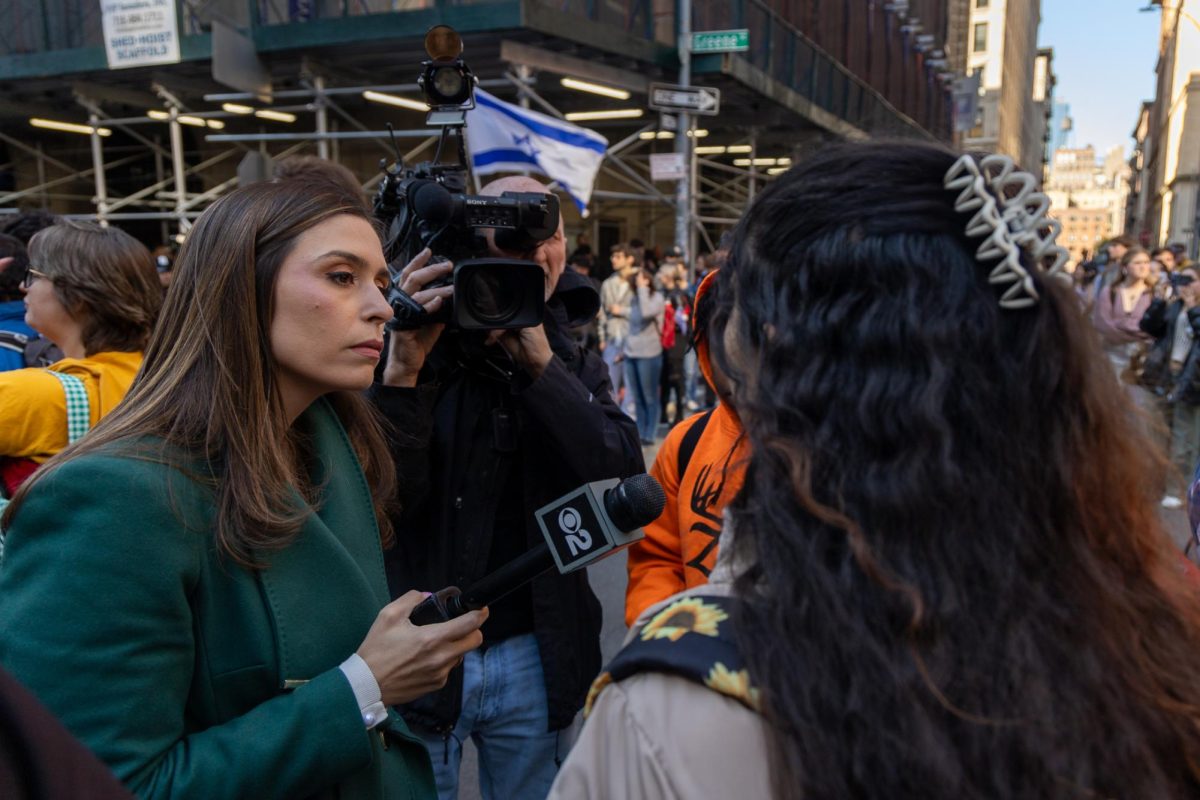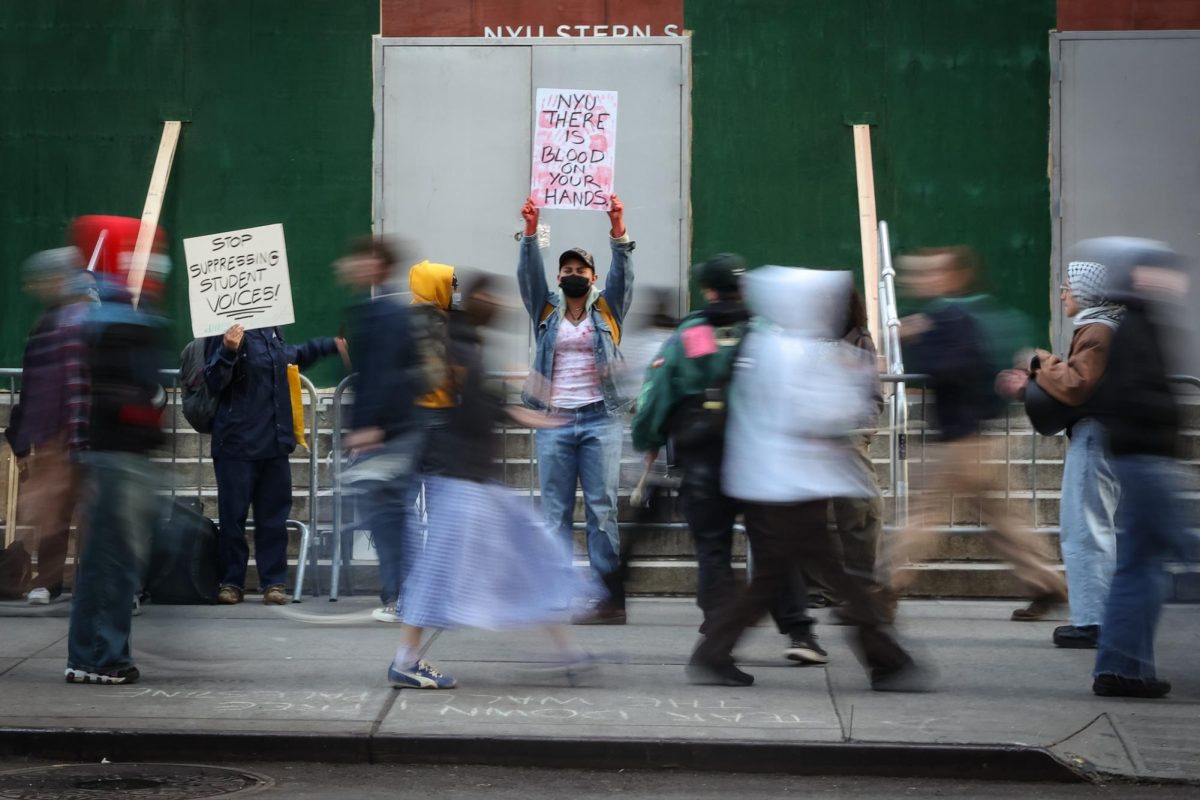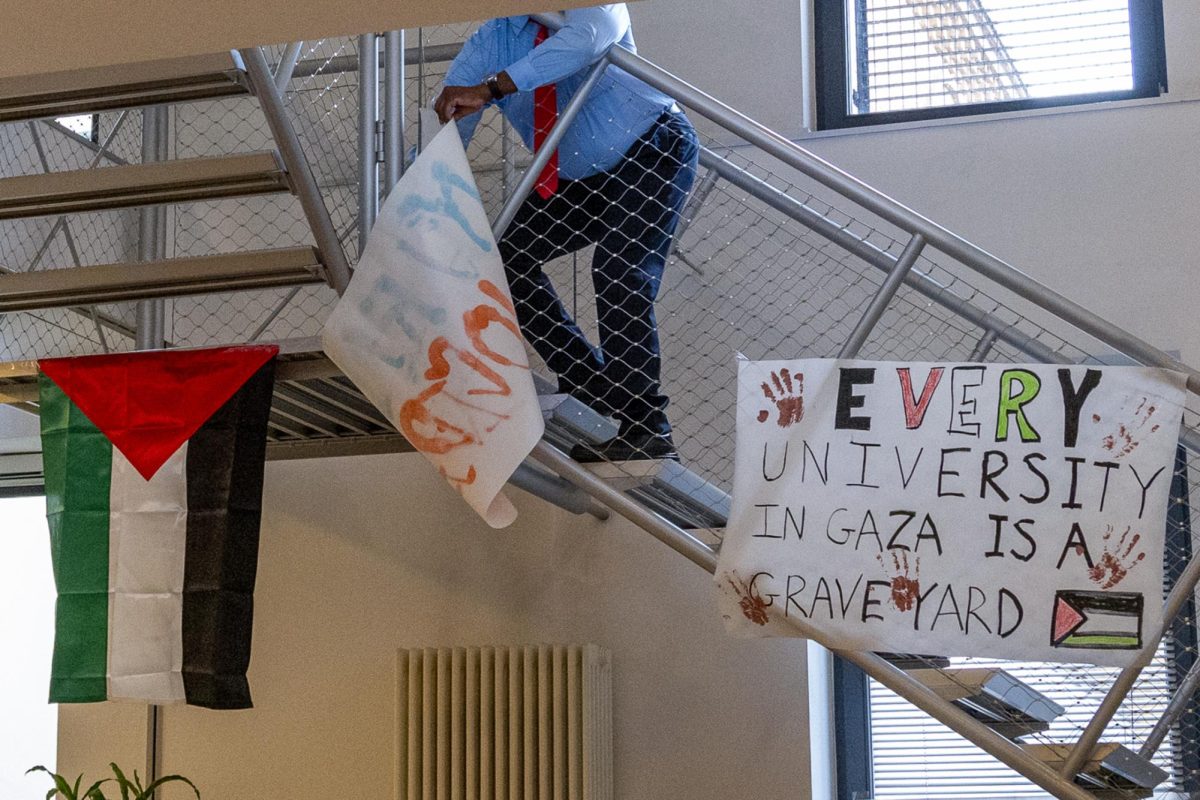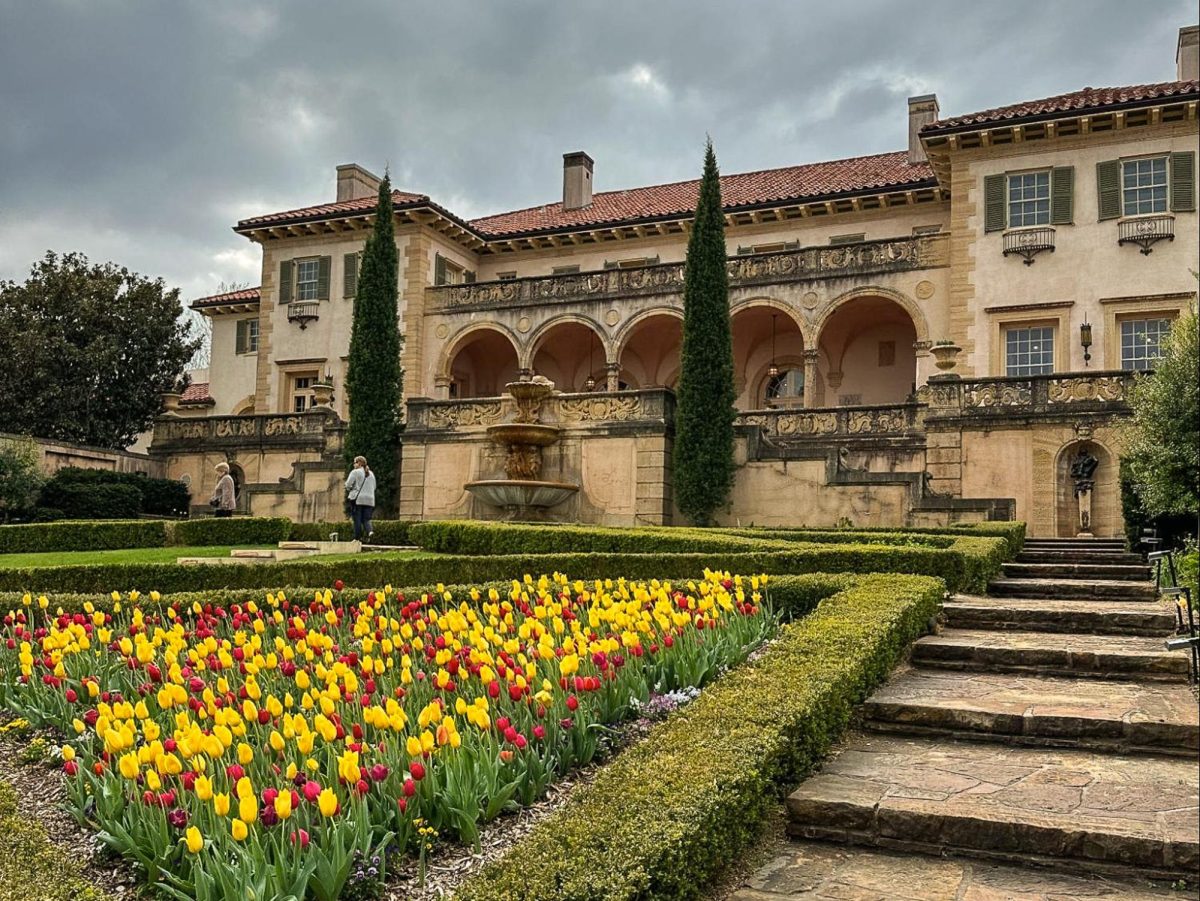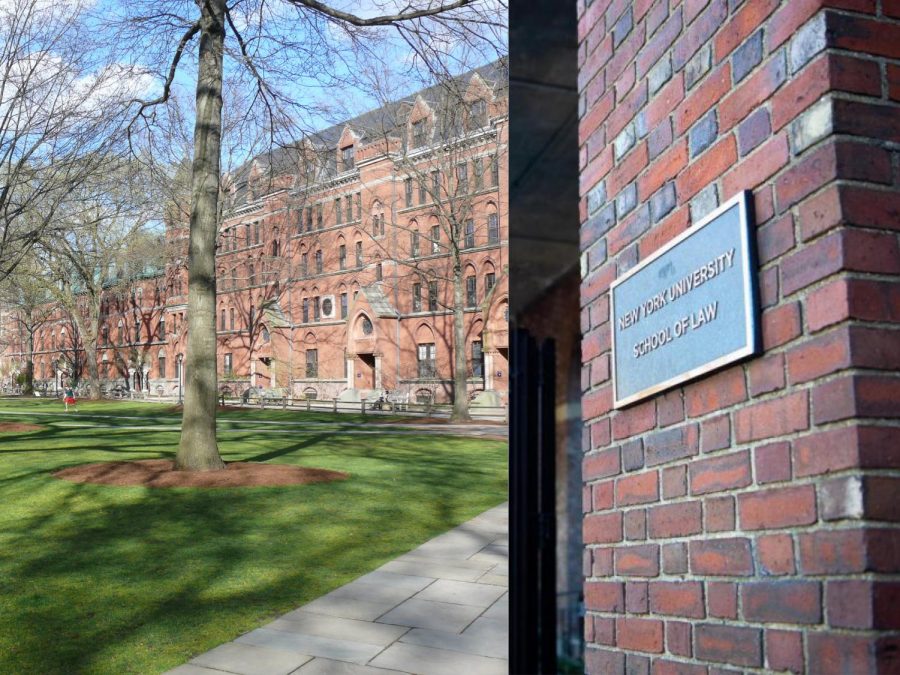Joint NYU-Yale project addresses the impact of U.S. colonialism on Indigenous communities
The American Indian Sovereignty Project, spearheaded by the NYU School of Law and the Yale University Faculty of Arts and Sciences, will research the impacts of U.S. federal policy on Native American sovereignty.
NYU School of Law and Yale University’s Faculty of Arts and Sciences are collaborating to create the American Indian Sovereignty Project. This project will confront the impacts of federal Indian law and policy on Native American sovereignty. (Image via Wikimedia Commons, Staff Photo by Jake Capriotti)
September 16, 2021
Maggie Blackhawk and Ned Blackhawk have seen Indigenous history, policy and community development sidelined by scholars and academic institutions throughout their careers. Now, as faculty members at NYU’s School of Law and Yale University, respectively, they have collaborated to create the American Indian Sovereignty Project.
“We decided that it was our opportunity to collaborate between schools to remedy as best we can, and do so in a way that prioritizes working in partnership with contemporary tribal concerns on matters of law and policy,” Ned Blackhawk said.
The NYU Law and Yale University Faculty of Arts and Sciences’ bilateral initiative, launched in July, hired its first staff members, including a team of fellows, on Sept. 8. The project will confront the impacts of federal Indian law and policy on Native American sovereignty.
“With a partnership between NYU Law and Yale, the reach is just so much larger than a lot of institutions can do on their own,” said Logan Jacobs, a graduate student at the Gallatin School of Individualized Study and the program coordinator for the project. “A center between these two huge schools that have such great influence can push for change to really elevate Native experiences.”
The project is split into three initiatives: the Native Amicus Briefing Project, the Native American Working Group and the Judicial Education Project — all of which are modeled around advocacy, education and research. The projects will monitor court cases relevant to Indigenous communities, conduct public education exercises, and analyze government programs and initiatives targeted towards them. To do so, researchers will partner with tribal governments and communities.
“Most people are not familiar with the Native American Rights Fund, which is much like the NAACP for Indian country,” Maggie Blackhawk said. “The path towards a lifetime of advocating for Indian country and working in these institutions is less clear, and so this project opens up those professional avenues for the long-term just through the training, exposure and experience for students.”
In recent years, hostile federal policymaking continues to impact Native American communities, including the 2016 Dakota Access Pipeline approval and the Supreme Court’s decision on Oklahoma’s Indigenous territory. Matthew Makomenaw, the director of the Native American Cultural Center at Yale, said that lack of visibility is a frequently encountered Native American issue.
“Too often we’re invisible or seen as stereotypes,” Makomenaw said. “Having projects like this brings visibility and attention to Native people and the great issues that are going on. It’s really critical in terms of bringing visibility to a wider audience and to the Native community at NYU and at Yale.”
As the NYU-Yale initiative commences, students and scholars will evaluate federal issues facing Indigenous communities and will work to reincorporate Native Americans into conversations on law and governance. Both NYU and Yale will house classes and offer summer research training programs.
As a part of the project, research and clinical fellows will work with NYU and Yale undergraduate and graduate students to discuss Tribal law and policy, according to fellows Rebecca Plumage and Amanda L. White Eagle. Hoping to unite the Native American populations at NYU and Yale, the project aims to build resources and engagement between faculty, researchers and students.
Jacobs hopes that the project will kickstart further initiatives to spotlight Native American voices.
“I really hope that a center like this helps attract more Native students, whether it’s at the undergraduate level or at the law school level, where they know they’re going to have support through a center like the Sovereignty Project,” Jacobs said.
Contact Nina Huang at [email protected].

